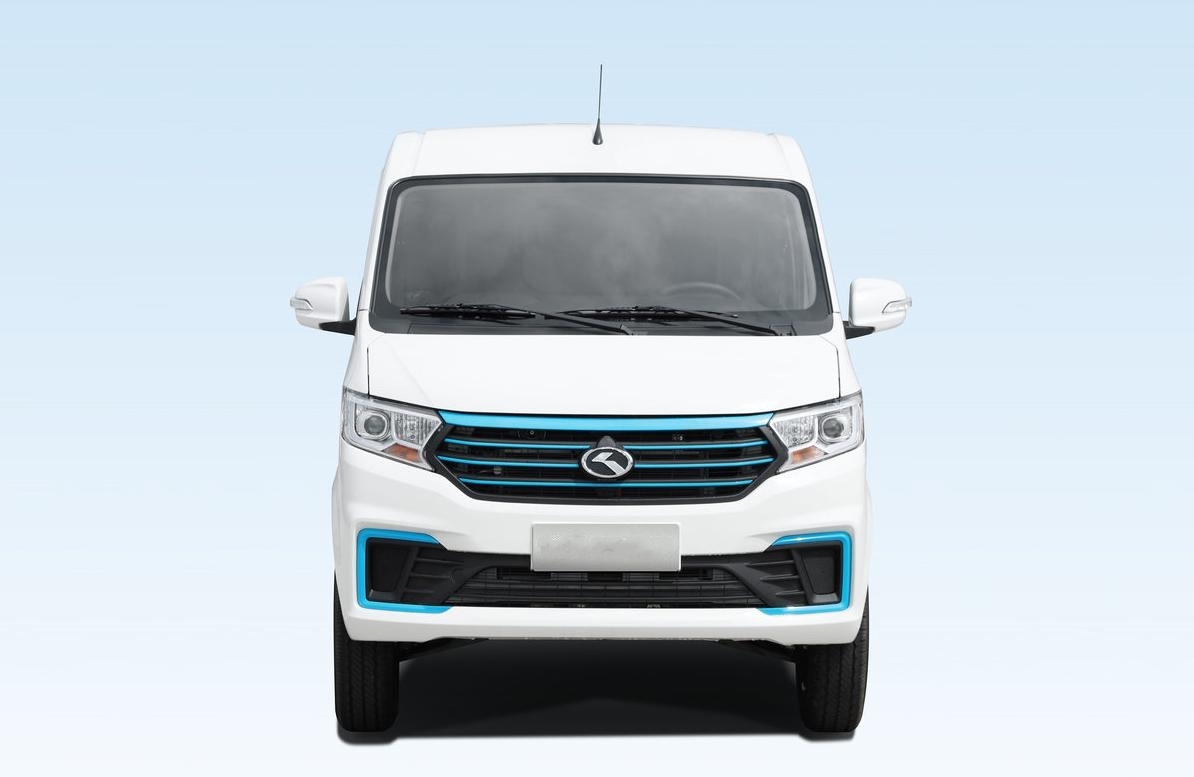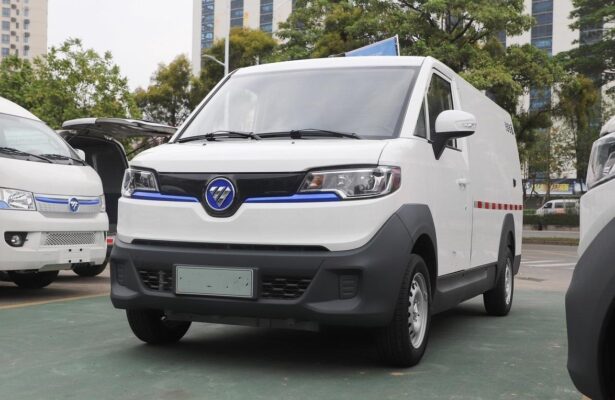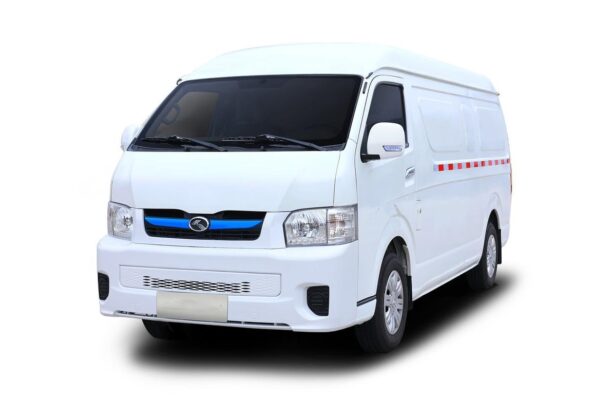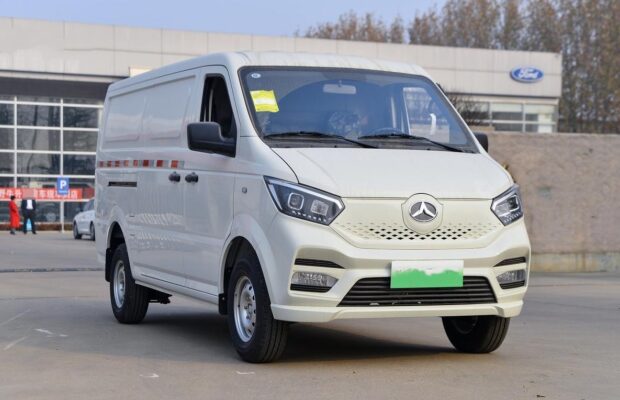Electric Truck News
Why Do Electric Vehicles Have Reduced Range in Winter?
As environmental awareness grows and technology advances, برقي گاڏيs (EVs) are becoming increasingly prominent in the modern automobile market. However, some EV owners have noticed a significant drop in driving range during winter months. This phenomenon raises an important question: why do برقي گاڏيs experience reduced range in cold weather? This article explores the key reasons behind this issue and offers insights into mitigating the challenges associated with winter driving for EVs.
Why Do Electric Vehicles Have Reduced Range in Winter?
There are three primary reasons for the reduced range of EVs in cold weather:
- Battery Performance Degradation:
- The efficiency and capacity of batteries are heavily influenced by temperature. In cold conditions, the chemical reactions inside the battery slow down, leading to decreased performance and reduced driving range.
- Increased Energy Consumption for Cabin Comfort:
- The use of heating systems, such as cabin warmers and heated seats, significantly increases energy consumption, further shortening the range.
- Adverse Driving Conditions:
- Winter driving conditions, such as icy roads and snow, increase rolling resistance and aerodynamic drag, requiring more energy to maintain vehicle motion.
Why Does Cold Weather Reduce Battery Performance?
- Slower Chemical Reactions:
- Batteries rely on chemical reactions to store and release energy. At lower temperatures, these reactions slow down, reducing the battery’s discharge rate and effective capacity.
- Increased Internal Resistance:
- Cold weather increases the internal resistance of the battery, making it less efficient in converting stored energy into usable power.
- Impact on Charging:
- Charging times are often extended in colder weather because the battery management system slows down the process to protect the battery from damage.
Why Do Heating Systems Increase Energy Consumption?
- Cabin Heating:
- Unlike internal combustion engine (ICE) vehicles, which use waste heat from the engine for cabin warming, EVs must generate heat using the battery. This process consumes a significant amount of energy, directly affecting the driving range.
- Heated Seats and Steering Wheels:
- Features like heated seats and steering wheels also draw power from the battery. While they are more energy-efficient than cabin heaters, their cumulative effect can still reduce range.
- Defrosting and Demisting:
- Maintaining clear windows in winter conditions requires additional energy for defrosting and demisting systems.
How Do Adverse Winter Driving Conditions Affect Range?
- Increased Rolling Resistance:
- Snow and ice-covered roads create more rolling resistance for the tires, requiring more energy to overcome friction and maintain forward motion.
- Reduced Traction:
- Limited traction on icy roads causes the tires to slip, wasting energy and reducing overall efficiency.
- Higher Aerodynamic Drag:
- Cold air is denser than warm air, increasing aerodynamic drag. اضافي طور تي, driving in snow or rain adds further resistance, requiring more power from the motor.
Strategies to Mitigate Range Loss in Winter
- Preconditioning the Battery and Cabin:
- Use preconditioning features to warm up the battery and cabin while the vehicle is still plugged in. This reduces the energy required for heating during the drive.
- Optimizing Heating Usage:
- Use seat and steering wheel heaters instead of cabin heaters when possible, as they consume less energy.
- Maintaining Proper Tire Pressure:
- Check and maintain recommended tire pressure, as low tire pressure increases rolling resistance.
- Driving Adjustments:
- Adopt smoother driving habits, avoid rapid acceleration or braking, and use eco-driving modes to maximize efficiency.
- Using Winter Tires:
- Equip the vehicle with winter tires to improve traction and reduce energy loss due to tire slippage.
Conclusion
The reduced range of برقي گاڏيs in winter is primarily due to the effects of cold temperatures on battery performance, increased energy consumption for heating, and challenging driving conditions. By understanding these factors and implementing effective strategies, EV owners can better manage their vehicle’s range and optimize their driving experience during the winter months. As battery technology advances and vehicle designs evolve, future EVs are likely to overcome many of these challenges, making them even more suitable for year-round use.



